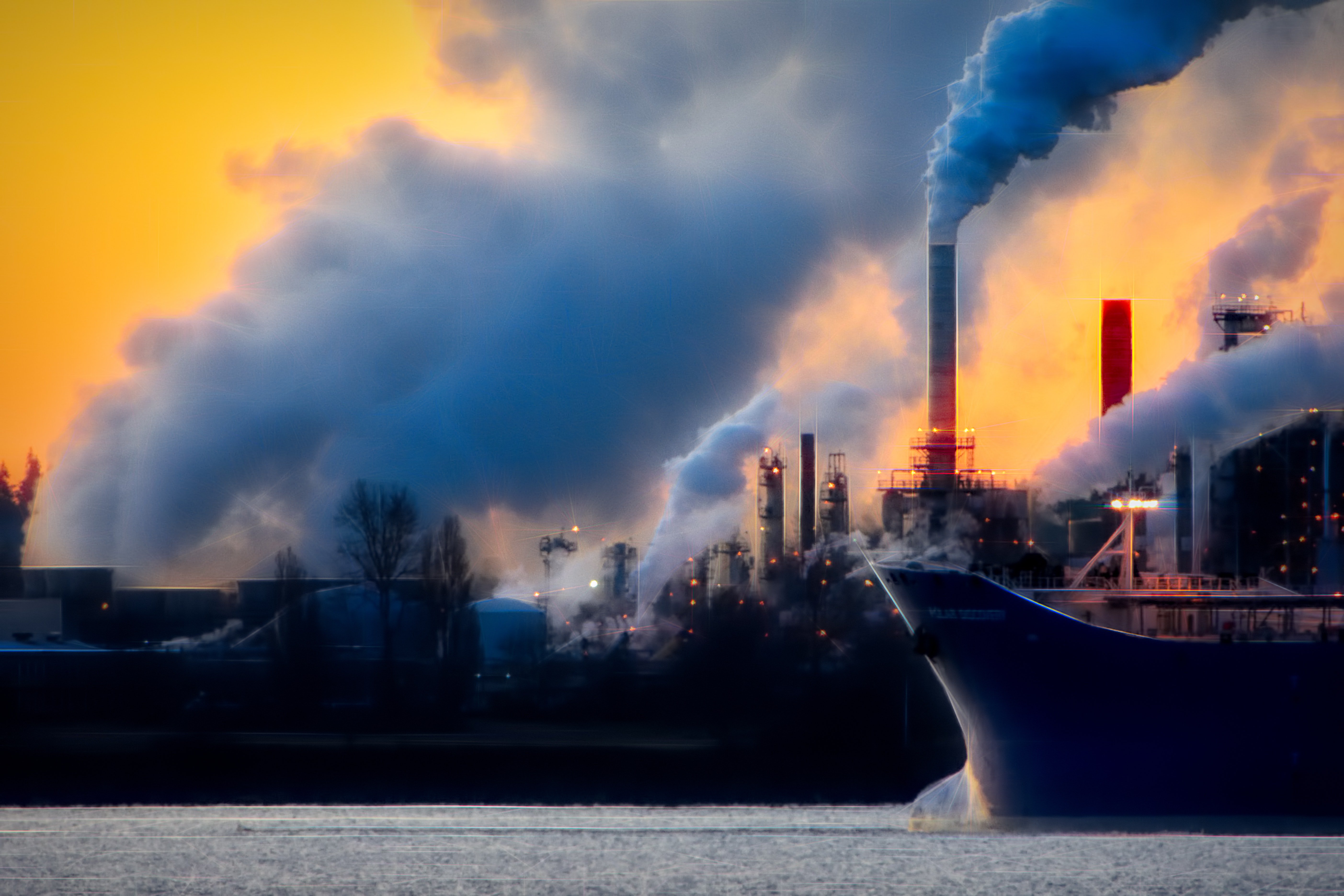It is time for us baby boomers to honestly acknowledge what we did and didn’t do with the gifts given to us by our forebears and be clear about our legacy with which we have saddled the next and succeeding generations.
By ‘baby boomers’ I mean those of us born in the affluent nations of the western world between 1945 and 1965. In these countries, the majority of the population became middle class beneficiaries of mass affluence. I think of the high birth rate of those times as a product of collective optimism about the future, and the abundant and cheap resources to support growing families.
By many measures, the benefits of global industrial civilisation peaked in our youth, but for most middle class baby boomers of the affluent countries, the continuing experience of those benefits has tended to blind us to the constriction of opportunities faced by the next generations: unaffordable housing and land access, ecological overshoot and climate chaos amongst a host of other challenges.

I am a white middle class man born in 1955 in Australia, one of the richest nations of the ‘western world’ in the middle of the baby boom, so I consider myself well placed to articulate an apology on behalf of my generation.
In the life of a baby boomer born in 1950 and dying in 2025 (a premature death according to the expectations of our generation), the best half the world’s endowment of oil – the potent resource that made industrial civilisation possible – will have been burnt. This is tens of millions of years of stored sunlight from a special geological epoch of extraordinary biological productivity. Beyond our basic needs, we have been the recipients of manufactured wants and desires. To varying degrees, we have also suffered the innumerable downsides, addictions and alienations that have come with fossil-fuelled consumer capitalism.
It is also true that our generation has used the genie of fossil fuels to create wonders of technology, organisation and art, and a diversity of lifestyles and ideas. Some of the unintended consequences of our way of life, ranging from antibiotic resistance to bubble economics, should have been obvious, while others, such as the depression epidemic in rich countries, were harder to foresee. Our travel around the world has broadened our minds, but global tourism has contaminated the amazing diversity of nature and traditional cultures at an accelerating pace. We have the excuse that innovations always have pluses and minuses, but it seems we have got a larger share of the pluses and handballed more of the minuses to the world’s poorest countries and to our children and grandchildren.
We were the first generation to have the clear scientific evidence that emergent global civilisation was on an unsustainable path that would precipitate an unravelling of both nature and society through the 21st century. Although climate chaos was a less obvious outcome than the no-brainer of resource depletion, international recognition of the reality of climate change came way back in 1988, just as we were beginning to get our hands on the levers of power, and we have presided over decades of policies that have accelerated the problem. Over the years since, the adverse outcomes have shifted from distant risks to lived realities. These impact hardest on the most vulnerable peoples of the world who have yet to taste the benefits of the carbon bonanza that has driven the accelerating climate catastrophe. For the failure to share those benefits globally and curb our own consumption we must be truly sorry.
Read more: Holmgren
Get The Right PowerBanx For Your Home
If you would like to know more about the PowerBanx range of home battery systems, and get a free instant quote, please complete our online form:





